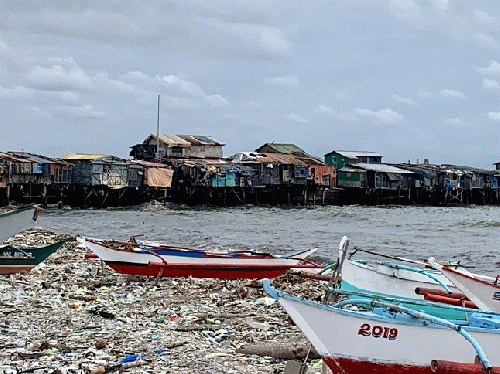
Why are poor people worst-affected by climate crisis?
(Image by CNS (Citizen News Service citizen-news.org)) Details DMCA
Climate change greatly impacts the lives of migrants in different parts of the world. According to the United Nations, by 2050, up to 1 billion people could be driven away from their homes due to the worsening impacts of climate change. Both, sudden and slow onset weather events, affect the migrants.
Migrants face numerous challenges around their livelihood, safety, mobility and access to health/ and social services. Migrants are also impacted when climate changes affect their families back home, as they have to then provide increased financial support to their families to cope with the aftermath of such events.
However, these issues are not properly documented and migrants' voices are often not much heard. A workshop on understanding climate change and its impacts on migrants and their families was organised by the International Migrants Alliance (IMA) during the recently concluded International Solidarity Conference on the Rights of Climate Migrants (Beyond Labels, Beyond Borders), held in Philippines by Rosa Luxemburg Stiftung, IMA, Kalikasan and Asian People's Movement on Debt and Development.
Here is a snapshot of some examples of the causes and consequences of climate induced migrations shared by the participants.
Rising sea levels
A returning migrant from Saudi Arabia, Anisur Rahman Khan from Bangladesh, shared that an estimated 15 million Bangladeshis will migrate internally and externally by 2050 due to climate change. One major cause for internal migration in Bangladesh is the rising sea level.
Statistics show that rising sea levels will wipe out more land in Bangladesh than anywhere else in the world. As a result, rice production is expected to drop by 10% and wheat production by 30% by 2050. Many coastal areas will be submerged, forcing more people to migrate from rural to urban areas, which are already bursting at the seams. Food, housing and drinking water insecurity are the major emerging problems that the government will have to deal with.
Environmental mismanagement
(Note: You can view every article as one long page if you sign up as an Advocate Member, or higher).





